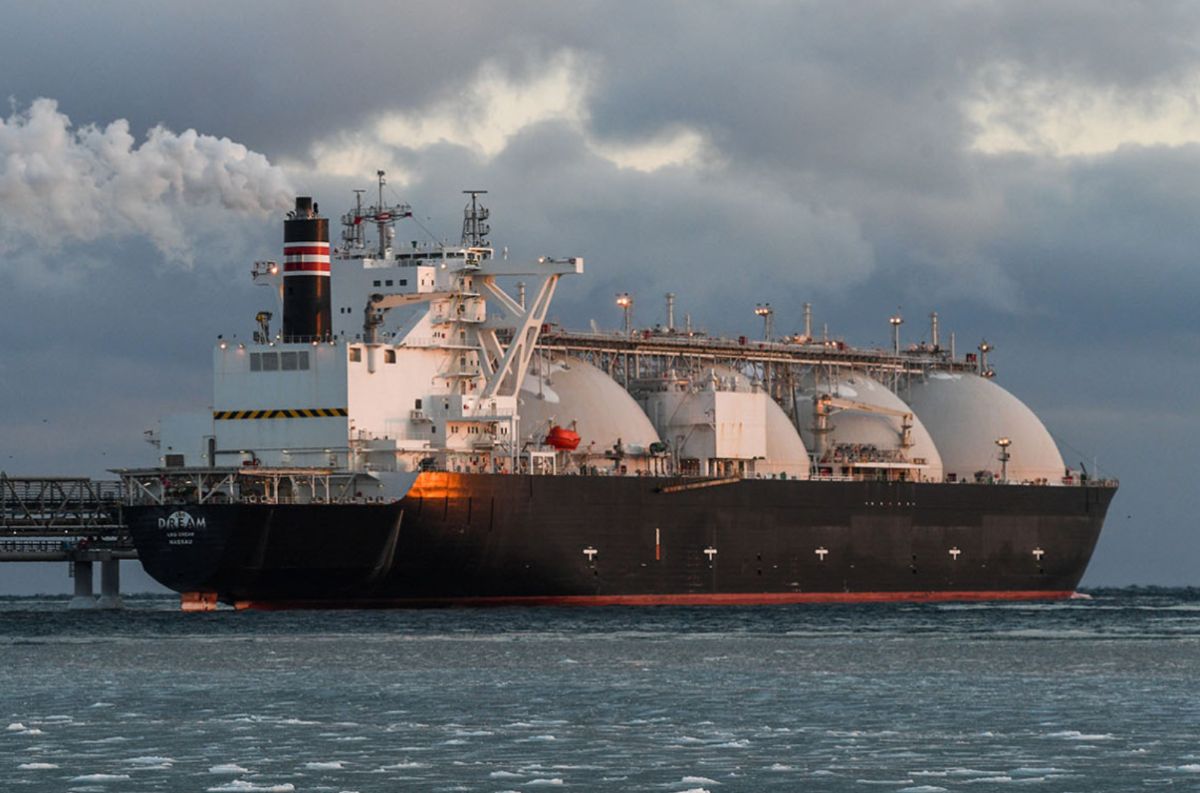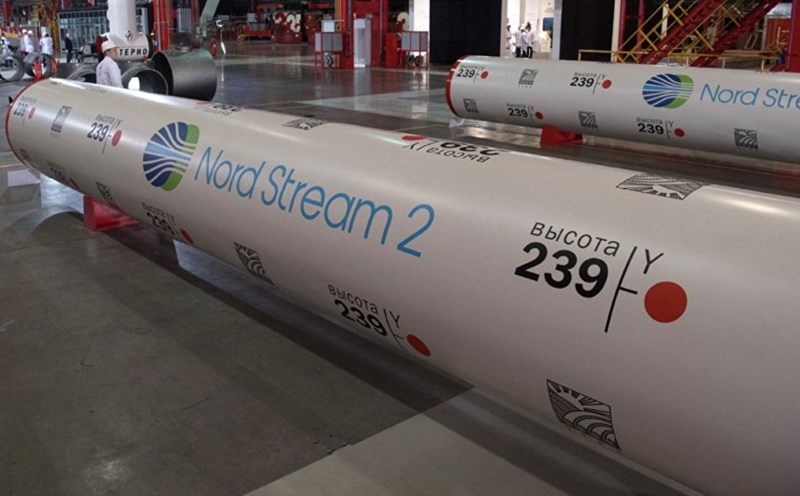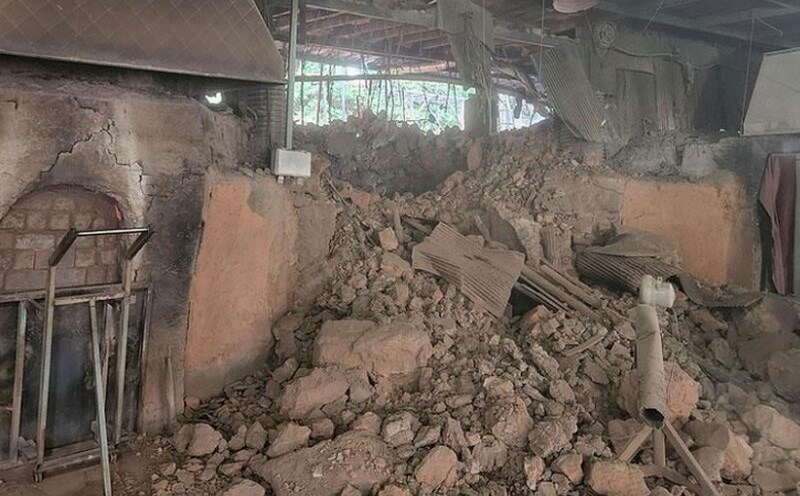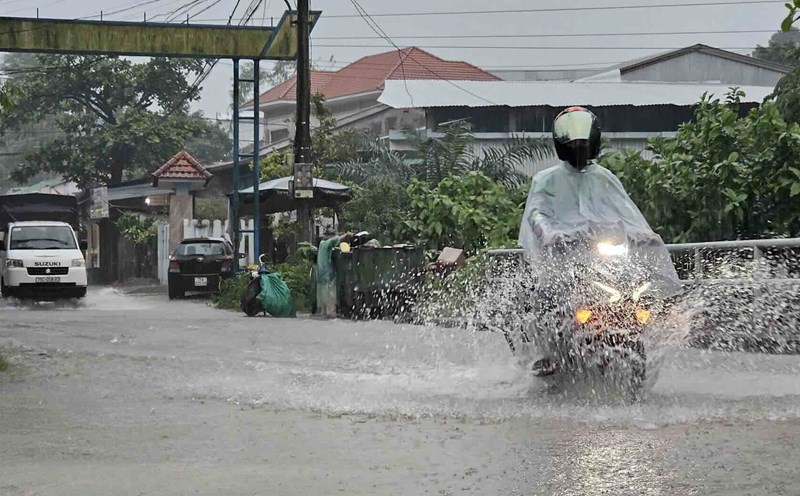The European Union (EU) has spent more than 30% on Russian gas in the first half of 2025 than in the same period in 2024, despite commitments to reduce dependence and the goal of accelerating the roadmap to completely eliminate supplies from Moscow.
According to EU Eurostat, EU countries spent 8.4 billion euros on pipeline gas and liquefied natural gas (LNG) from Russia in the first 6 months of 2025, up 5% from last year.
In particular, LNG imports from the Russian Arctic continue to be regular, transported by specialized vessels across the Barents Sea and the Norwegian Sea to receiving ports in Western Europe.
In the first 7 months of 2025 alone, the EU spent 5.1 billion euros on LNG, compared to 4 billion euros in the same period in 2024. Belgium emerged as the largest customer, spending 1.4 billion euros in the first 9 months of the year alone, even higher than the country's 1.2 billion euros in military aid to Ukraine.
France has also maintained a significant import. In June-August 2025 alone, France received 20 Russian LNG shipments, five more than the same period last year. In July alone, Paris spent 173 million euros to buy LNG from Russia.
Meanwhile, French President Emmanuel Macron called the current amount of Russian LNG imports "very small" and there was no need to take stronger action. He stressed that France and the EU have reduced their oil and gas consumption from Russia by more than 80%.

However, actual figures show that the share of Russian gas in total European supply has increased to 19,9% in 2024, compared to 15% in 2023. This reflects the inevitable pressure as the European energy market still needs cheap supplies from Moscow.
The roadmap to completely eliminate Russian gas and LNG also shows a deep divide in the EU. At the United Nations General Assembly last week, Slovakian Foreign Minister Juraj Blanar criticized the hybrid of some Western European countries, calling on Slovakia to stop importing pipeline gas but they themselves increased their purchases of LNG from Russia.
France, Spain and the Netherlands... have a much more complex picture. Time is needed to diversify supply. That is why we call for sympathy, Secretary of State Blanar emphasized.
Any decision to ban Russian LNG imports requires absolute consensus from all 27 EU member states - which is almost impossible in the context of overlapping national interests.
In fact, the EU is stuck between political pressure on one side and a commitment to support Ukraine, and an urgent energy need on the other. The return of "underground" Russian gas imports shows the paradox between words and actions of the EU.











